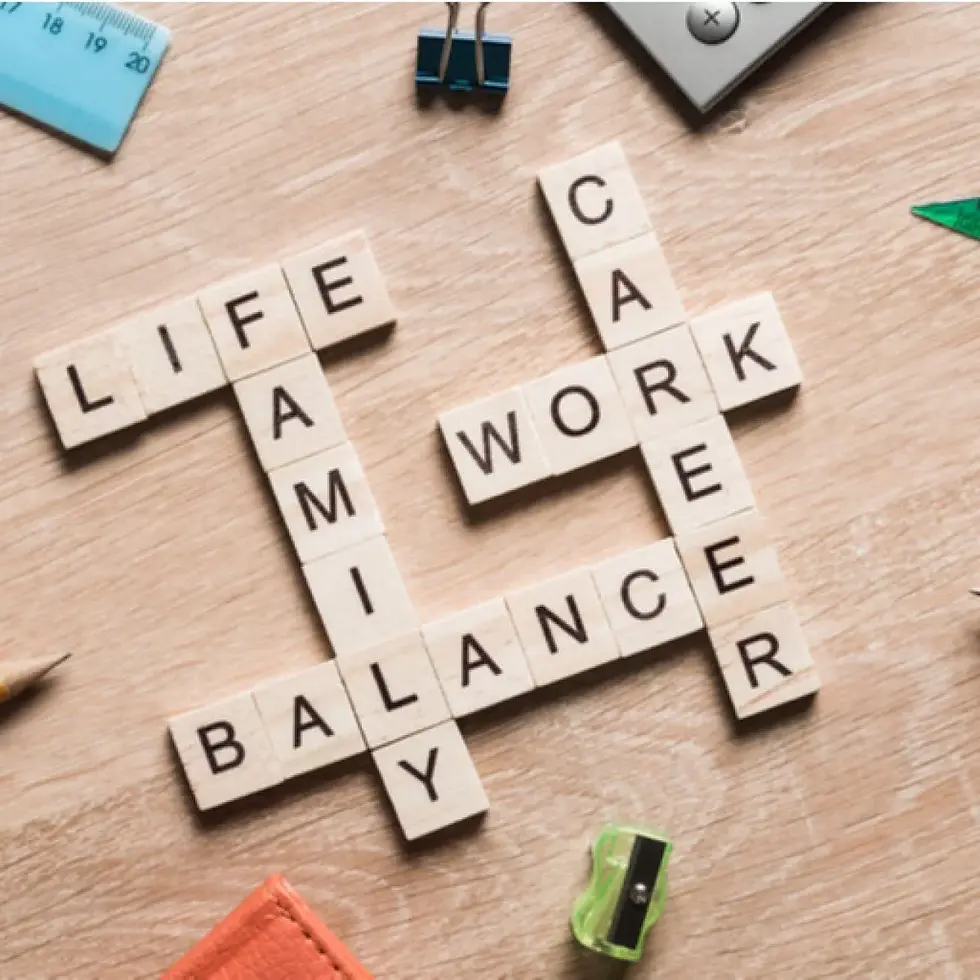The End of the Work Societal Pandemic:Let’s Build a Better Work Culture
- theemailescape5
- Jan 26
- 3 min read

It seems like every time I scroll through my LinkedIn feed these days, I’m bombarded with posts about toxic workplaces, the elusive work-life balance, or heated debates in the comments section of business leaders like Infosys co-founder NR Narayana Murthy, who recently advocated for 70-hour workweeks, or Mr. SN Subrahmanyan, CEO of Larsen & Toubro, who made waves with his comment about working 90 hours a week, including Sundays.
These discussions often raise a crucial question: Why is there such a strong demand for a change in work culture, even from those who were once part of the old, grueling work cycles?
To understand this, let’s first look at the way we’ve been shaped by societal expectations. In India, from childhood, we’re told that the harder we work, the smarter we become. Long hours of study are associated with higher social status and better opportunities in life. We internalize this idea early on: the more time and energy we put into something, the more successful and valued we will be.
This mentality naturally extends into our work lives. The more hours we clock in, the more "dedicated" and "efficient" we are perceived to be. An employee who sends an email at 2 a.m. on the day of a deadline is often seen as more committed than one who submits the same work by 5 p.m. the previous day and leaves the office on time. I’ve met people who stay at the office after their manager leaves, thinking that their late hours will be seen as a sign of hard work and positively affect their performance reviews.
But here’s the thing—this culture is toxic. It's not about working more; it's about working smarter. Why should a job that takes five hours end up consuming 12 hours? Why does a deadline that’s due at noon turn into an all-nighter that begins at 11 p.m. the previous day? There’s a growing need to shift the focus from sheer time spent working to the quality and efficiency of the work itself. If you leave on time at the end of the workday, eyebrows shouldn’t raise with the comment, “Half-day.”
The winds of change are already blowing. In education, we’re seeing a shift towards emphasizing extracurricular activities, creativity, and emotional intelligence, moving away from the traditional, purely academic grind. More companies are adopting flexible work arrangements, from remote options to hybrid models. In the age of AI, efficiency is the name of the game. With the right tools and mindset, we can now get more done in less time, leaving room for what truly matters—spending quality time with family, pursuing personal interests, or honing new skills.
Of course, transitioning from the old ways to the new isn’t easy. The end of one era—like the pandemic—often comes with a challenging adjustment period. Letting go of old values and embracing new ones requires time, reflection, and effort. But the truth remains: change is the law of life. As John F. Kennedy famously said, "Those who look only to the past or present are certain to miss the future."
If we don’t evolve, if we don’t embrace change, we risk getting stuck in an outdated and unhealthy work culture. By prioritizing productivity over mere hours worked, we can create workplaces that support both personal well-being and professional success.
The future of work is about balance, efficiency, and growth—both professionally and personally. Let’s start living it.
--By Amita Mistry
Comments